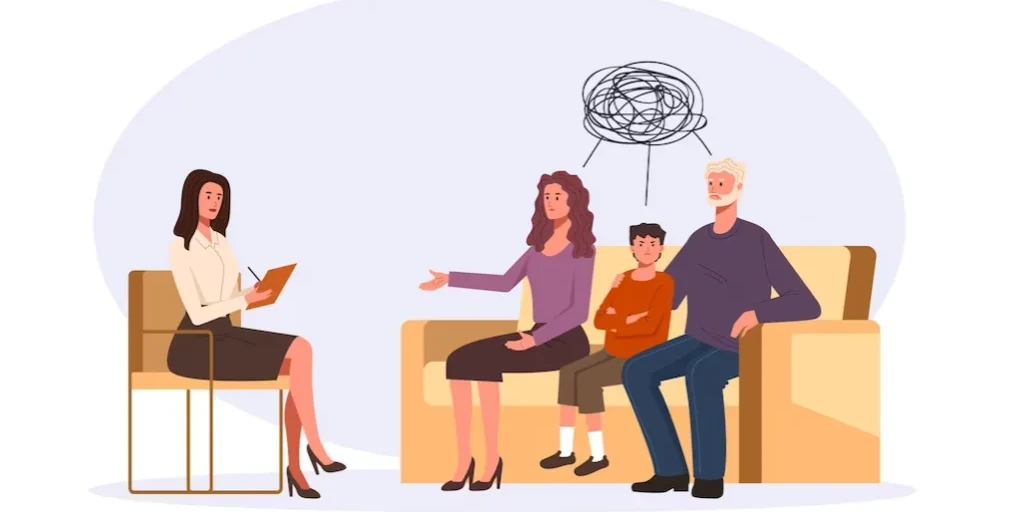24/7 Helpline:
(866) 899-221924/7 Helpline:
(866) 899-2219
Learn more about Bipolar Disorder Treatment centers in Palm Coast
Bipolar Disorder Treatment in Other Cities
Other Categories in Palm Coast

Other Insurance Options

Excellus
Beacon

Choice Care Network

Kaiser Permanente

PHCS Network

Health Choice

Health Partners

Cigna

Holman Group

BlueCross

Sliding scale payment assistance

Sutter

Molina Healthcare

Carleon

Coventry Health Care

Horizon Healthcare Service

Lucent

UnitedHealth Group

BlueShield

State Farm

Quantum’s Oceanside Recovery
Quantum’s Oceanside Recovery specializes in the treatment of substance abuse, including alcohol and ...

AA – Alcoholics Anonymous
AA – Alcoholics Anonymous is a non-profit rehab located in Palm Coast, Florida. AA – Alcoholics Anon...

Stewart Marchman ACT – Behavioral Health Center
Stewart Marchman ACT – Behavioral Health Center is a private rehab located in Palm Coast, Florida. S...

WhiteSands Treatment – Palm Coast
WhiteSands Treatment – Palm Coast is a private rehab located in Palm Coast, Florida. WhiteSands Trea...









